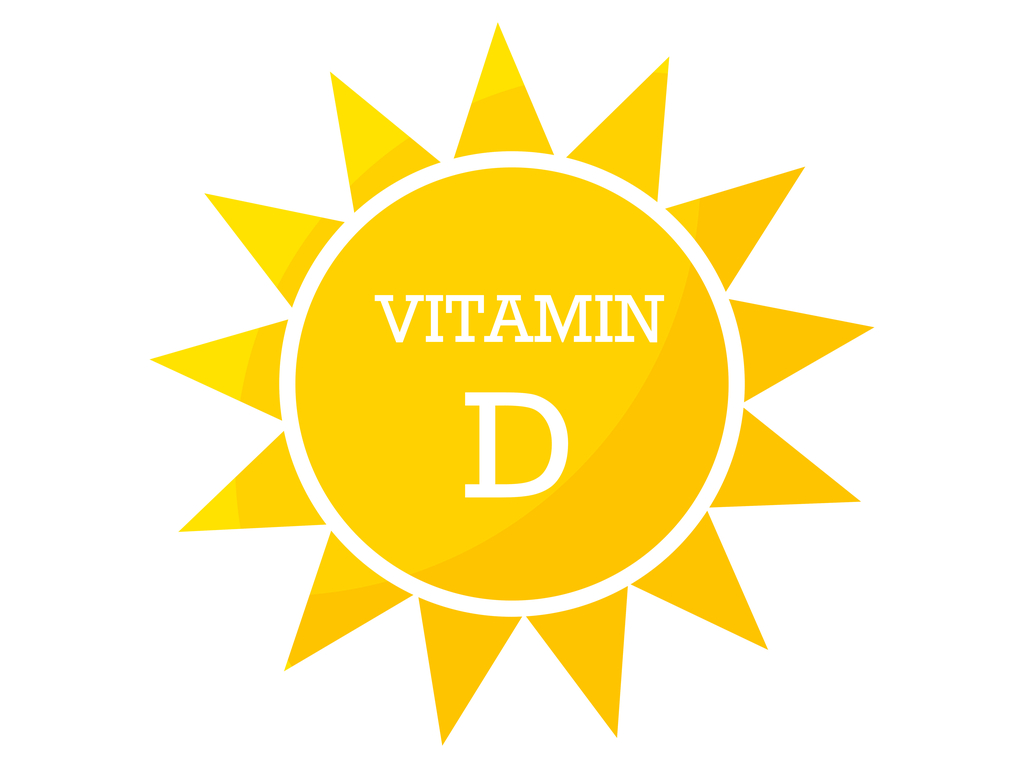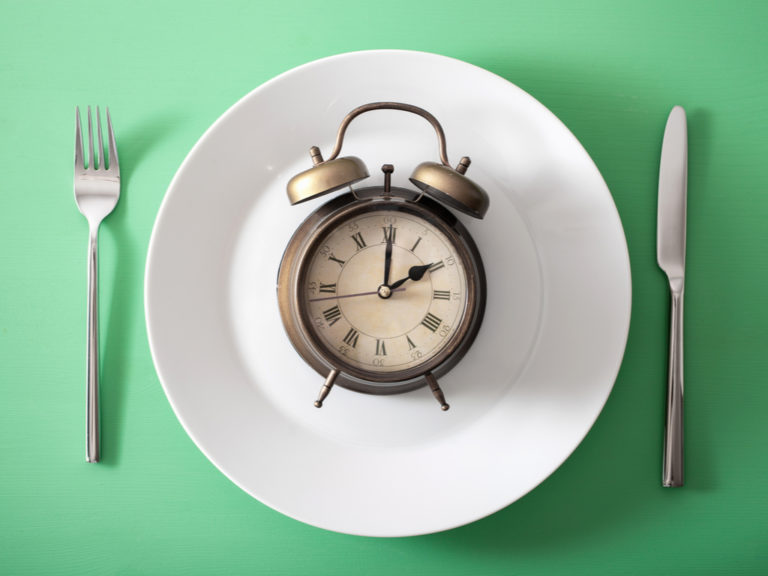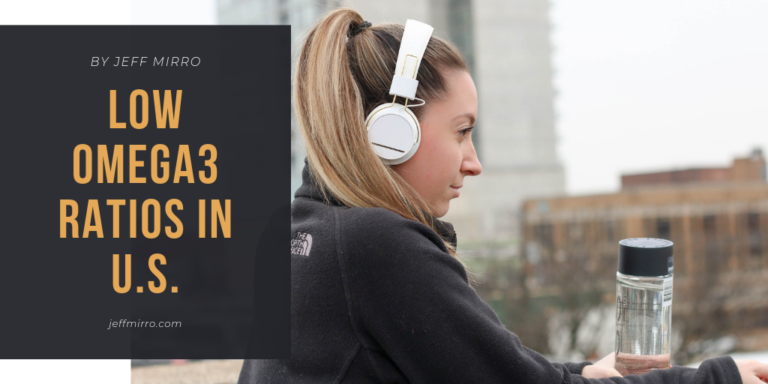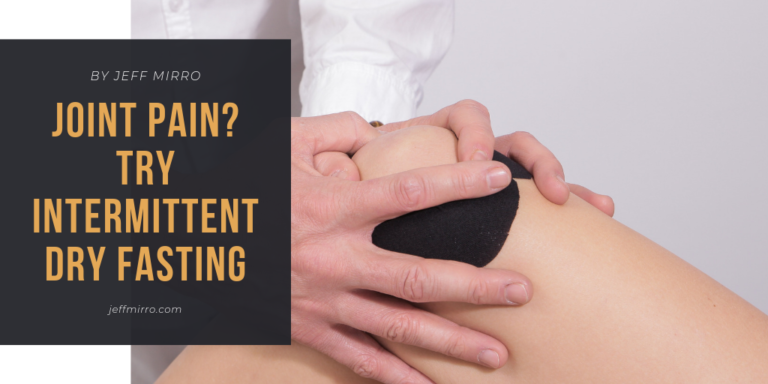One of the many benefits of intermittent fasting is that you can follow your own chosen eating style while fasting. Still, a balanced diet will help you get the most out of fasting. Making sure you get the nutrients you need will help your body function optimally. This means not just macronutrients but also micronutrients. One micronutrient many people and especially Americans tend to be chronically deficient in is vitamin D.
Vitamin D is often called the sunshine vitamin because the body makes it in response to exposure to sunlight. As with other vitamins, D is essential to good health. Our bodies use D for healthy bones and teeth. There is also ample evidence that it can help our bodies protect against other health issues as well.
Here is what you need to know before supplementing with this health-critical vitamin.
What Is Vitamin D?
A fat-soluble vitamin, D helps our bodies absorb calcium in the gut and is critical for proper bone growth and remodeling. If you aren’t getting enough vitamin D, your bones can become weak, thin, and deformed.
Strong Bones, Healthy Body
Without vitamin D, our kidneys would excrete the calcium and phosphorus our bodies need to keep our bones strong. In children, this could lead to soft, poorly formed bones. In adults, this can lead to muscle weakness and poor bone density as well as osteoporosis. When we get enough vitamin D, we can instead absorb these minerals that would otherwise be lost and maintain the proper levels in our blood.
Vitamin D is essential for more than healthy bone structure, however. It plays a critical role in many body functions, including:
- Reducing inflammation
- Modulating cell growth
- Supporting healthy immune function
- Modifying cell growth and differentiating
- Promoting proper brain and nervous system function
- Regulating insulin levels
- Supporting lung and cardiovascular health
The bone-boosting benefits of D are only a part of the picture. Vitamin D is also an immune system warrior. According to researchers at the University of Edinburgh, D is critical for activating T cells, which mount a response against pathogens.
All white blood cells carry special vitamin D receptors and activators on their surface. For maximum effectiveness, the immune system must stay balanced and healthy. When D levels are too low, your risk of developing an autoimmune disorder, but you’re also at a higher risk of developing an opportunistic infection, such as a cold or influenza. Essentially, D helps keep your immune system balanced and healthy.
Vitamin D Deficiency
The body makes its own supply of vitamin D in response to sun exposure, but that doesn’t mean you always have enough for its natural processes. In fact, D deficiencies are fairly common, and more than 40 percent of us aren’t getting enough of it. According to the National Health and Nutrition Examination Survey, that level climbs to greater than 80 percent in African-American populations.
Causes of Vitamin D Deficiency
It’s easy to become deficient in vitamin D, but your risk might be higher if you:
- Have darker skin, which can reduce the amount of UVB rays your body can absorb naturally
- Wear sunblock or sunscreen with an SPF of at least 30, which blocks UVB rays
- Are located further from the equator or live in an area of high pollution
- Work nightshift
- Are homebound
Breastfeeding infants are also at a higher risk of developing a vitamin D deficiency.
Symptoms can be subtle and are easy to miss. If you are low in D, you might suffer from:
- Fatigue
- Depression
- Poor healing
- Muscle pain
- Hair loss
- Bone or back pain
- Sickness
- Infection
If the deficiency continues over a long period without treatment, it can increase the risk for serious health problems, including:
- Neurological disorders
- Infections
- Autoimmune disorders
- Cardiovascular disease
- Pregnancy complications
- Certain types of cancer, including breast cancer, prostate cancer and colon cancer
Getting a Little More of the Sunshine Vitamin in Your Life
Natural sources of vitamin D are ideal when possible. That means getting more sunshine into your daily routine.
For the average Caucasian adult, that means just under 15 minutes of sunshine a few times a week on a sunny summer afternoon should do the trick. If you have darker skin, you will need more sun exposure. That could mean spending from 30 minutes to three or more hours in the mid-afternoon sun to get the right amount of vitamin D.
The Magic behind Vitamin D Synthesis
How does your body make vitamin D, anyway? It sounds a little bit like magic, but it’s a fairly complex process that keeps us healthy and strong from our nervous system to our bones and everything in between.
When the sun’s UV-B rays hit our skin, they convert a specific type of cholesterol called 7-DHC into pre-vitamin D3. The melanin in our skin offers some sun protection, however, so if you have a lot of melanin in your skin naturally, it could affect how much UV radiation your skin absorbs.
Once the UV rays convert the cholesterol into pre-vitamin D3, it is transformed again, this time into vitamin D3. Still, the process is not quite complete. There is one more step to go.
The liver and kidneys now need to get to work and convert vitamin D3 into 1,25-dihydroxy vitamin D3, which is better known as calcitriol. Calcitriol is the form of D that our bodies can use to build strong bones and a healthier body.
Try Not to Get a Sunburn
Getting from point A to point B is not always without problems. For one thing, you might notice that the same UV rays needed to convert cholesterol to vitamin D are also the ones that cause the skin to burn. Sunburns are painful and have been linked to a higher risk of skin cancer.
You might feel like it’s a bit of a balancing act trying to get the right amount of D from the sun without ending up with an irritating burn.
Too much sun can also increase your risk of other problems as well, including:
- Damage to the retina
- Increased risk of cataracts
- Premature aging and skin damage
- Freckles, moles, and other skin changes
- Overheating, heat exhaustion, and heatstroke
- Skin cancer
Thankfully, the sun isn’t your only option when it comes to getting the vitamin D you need. You can mix and match D sources as much as you need to ensure you’re nourishing your body properly.
Vitamin D-rich Foods
Some good D-rich foods include:
- Salmon, mackerel, tuna, and other fatty fish
- Egg yolks
- Cheese
- Beef liver
- Fortified milk, juices, and cereals
- Mushrooms
Most of these foods fit well with carnivore, keto, and paleo-inspired diets, and they can all work with intermittent fasting, depending on your way of eating.
How Much Do I Need?
Many of us are not getting enough of our daily vitamin D, either from the sun or from our diets. The recommended daily amount of vitamin D is listed in micrograms and international units and includes:
- Ten mcg or 400 IU for babies from birth to 12 months
- Fifteen mcg or 600 IU for children from 12 months to 13 years
- 15 mcg or 600 IU for teens from 14 years to 18 years
- 15 mcg or 600 IU for adults from 19 to 70 years
- Twenty mcg or 800 IU for adults over 70
- Fifteen mcg or 600 IU for pregnant and breastfeeding women
Supplements can be a good way to get the vitamin D you need without risking excess sun exposure or spending your days eating nothing but beef liver.
According to the U.S. Institute of Medicine, most individuals can safely use supplements with a daily dose of 400 to 800 IU. However, if you aren’t getting daily sun or are in a high-risk category, you might benefit from higher doses. In one study, healthy adults needed more than 1500 UI to maintain the proper blood levels. It’s important to talk to your doctor about your personal needs and risk factors.
How to Take Vitamin D Supplements
A fat-soluble vitamin, vitamin D is most effective when paired with foods that are high in fat or cholesterol. They should also be taken with a meal and preferably your largest meal of the day. If you are eating one meal a day, OMAD, then you should take your supplement with that meal. You could see much higher levels of vitamin D in your blood in just a few months!
Some good foods to pair with your supplement include:
- Full-fat dairy products
- Avocados
- Nuts and seeds
- Eggs
- Meat
Choose your supplement wisely: Studies indicate that vitamin D3 is more effective than D2. It comes from animal sources and is the same form of the vitamin that your own body makes.
Some experts also recommend taking your D3 supplements in the morning to avoid potential disruptions to sleep. Add magnesium and vitamin K for maximum absorption. Vitamin K-rich foods include dark green leafy vegetables such as spinach, kale, mustard greens, romaine, turnip greens, and Swiss chard. Cruciferous vegetables such as broccoli and cauliflower are also good sources of vitamin K. Fish, meat, eggs, and liver contain vitamin K as well but in slightly lower quantities. If you’re looking to supplement, make sure to go with vitamin K2, which is much more effective than vitamin K1 and works better to help you absorb both calcium and vitamin D. It’s also worth noting that vitamin K2 is generally less common in most Americans’ diets.
Vitamin D Dosing
Can you get too much vitamin D?
The answer might surprise you: It depends.
Some vitamins are self-regulating. When you get too much, your body simply eliminates the excess. Others stay in your body and can become toxic. When it comes to your own naturally produced vitamin D, your body knows exactly what you need, and when you need it. You will not produce more than you need.
You might also have a hard time getting too much from food sources of vitamin D if only because food sources aren’t always high in the nutrient.
While supplements are largely beneficial, blood levels can become high enough to be toxic if you really overdo it.
Symptoms of vitamin D toxicity can include:
- Nausea and vomiting
- Constipation
- Weakness
- Weight loss
- Confusion or disorientation
- Arrhythmia
Without treatment, kidney damage can occur.
Before you toss your supplements aside, however, it’s important to note that the risks begin only at extremely high levels. This is generally around 10,000 to 40,000 IU per day.
As long as you stick within the normal recommended daily allowances or your own doctor’s recommendations, you should be fine.
Vitamin D supplements can also interact with some medications, including:
- Corticosteroids, such as prednisone
- Orlistat
- Cholestyramine
- Phenobarbital
- Phenytoin
If you are using medications, it’s important to talk to your doctor about supplementation, particularly if you are using more than the recommended daily allowance.
Spreading Sunshine with Vitamin D
Chances are, if you’re like most Americans, you’re not getting enough vitamin D. This could be putting your body, bones, brain, nervous system, and immune function at risk. Spending a few more minutes outside in the sun every day, eating more vitamin D-rich foods, and supplementing with the right supplements can all help boost your blood levels of this essential nutrient. Even better, vitamin D fits perfectly with a fasting-focused lifestyle or any type of diet plan you choose.
Improving your blood levels of vitamin D does not require a major dietary overhaul. With the carnivore or paleo diet, it’s pretty simple to get more dietary sources of vitamin D: Simply add more eggs, fatty fish, and other vitamin D-rich foods to your diet. Try to get outside at least a few minutes every day, and try a supplement with vitamin D3.




